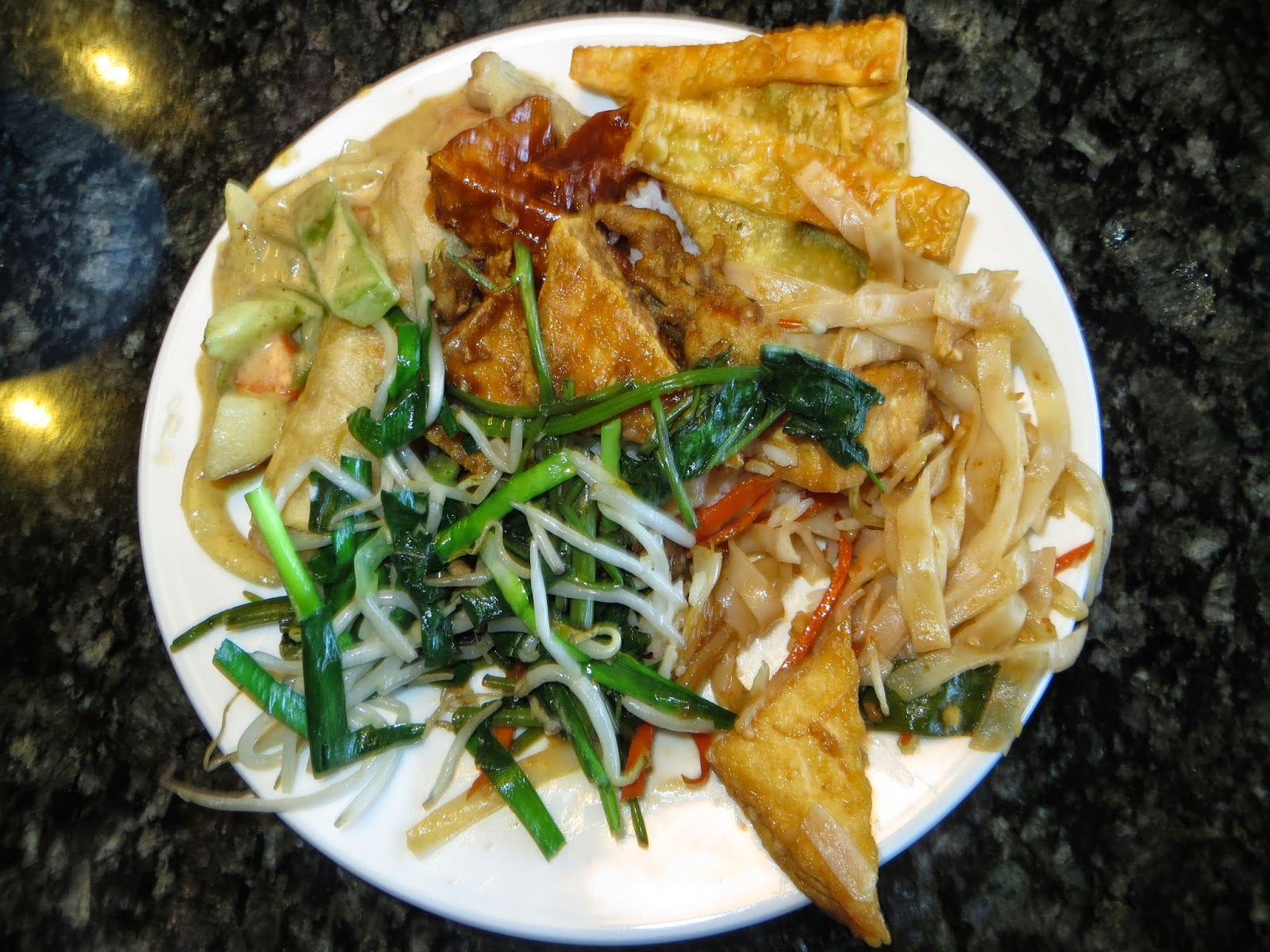(I promised someone I would post this article regarding Alzheimer's Prevention.)
Please watch this video about Alzheimer's Disease and then read below what the reseach is showing that you can do to reduce your risk for this disease.
Please watch this video about Alzheimer's Disease and then read below what the reseach is showing that you can do to reduce your risk for this disease.
International Researchers Identify Seven Dietary and Lifestyle Guidelines for Alzheimer’s Prevention
WASHINGTON—Seven dietary and lifestyle guidelines to boost brain health and reduce the risk of Alzheimer’s are available as an online advance on May 16, 2014, as a special supplement in Neurobiology of Aging.
“Alzheimer’s disease isn’t a natural part of aging,” notes lead author Neal Barnard, M.D., president of the nonprofit Physicians Committee and an adjunct professor of medicine at the George Washington University School of Medicine. “By staying active and moving plant-based foods to the center of our plates, we have a fair shot at rewriting our genetic code for this heart-wrenching , and costly, disease.”
Alzheimer’s Disease International predicts Alzheimer’s rates will triple worldwide by 2050. The Alzheimer’s Association predicts long-term care costs start at $41,000 per year.
“Alzheimer’s disease isn’t a natural part of aging,” notes lead author Neal Barnard, M.D., president of the nonprofit Physicians Committee and an adjunct professor of medicine at the George Washington University School of Medicine. “By staying active and moving plant-based foods to the center of our plates, we have a fair shot at rewriting our genetic code for this heart-wrenching , and costly, disease.”
Alzheimer’s Disease International predicts Alzheimer’s rates will triple worldwide by 2050. The Alzheimer’s Association predicts long-term care costs start at $41,000 per year.
- Minimize your intake of saturated fats and trans fats. Saturated fat is found primarily in dairy products, meats, and certain oils (coconut and palm oils). Trans fats are found in many snack pastries and fried foods and are listed on labels as “partially hydrogenated oils.”
- Eat plant-based foods. Vegetables, legumes (beans, peas, and lentils), fruits, and whole grains should replace meats and dairy products as primary staples of the diet.
- Consume 15 milligrams of vitamin E, from foods, each day. Vitamin E should come from foods, rather than supplements. Healthful food sources of vitamin E include seeds, nuts, green leafy vegetables, and whole grains. Note: The RDA for vitamin E is 15 milligrams per day.
- Take a B12 supplement. A reliable source of B12, such as fortified foods or a supplement providing at least the recommended daily allowance (2.4 micrograms per day for adults), should be part of your daily diet. Note: Have your blood levels of vitamin B12 checked regularly as many factors, including age, impair absorption.
- Avoid vitamins with iron and copper. If using multivitamins, choose those without iron and copper, and consume iron supplements only when directed by your physician.
- Choose aluminum-free products. While aluminum’s role in Alzheimer’s disease remains a matter of investigation, those who desire to minimize their exposure can avoid the use of cookware, antacids, baking powder, or other products that contain aluminum.
- Exercise for 120 minutes each week. Include aerobic exercise in your routine, equivalent to 40 minutes of brisk walking, three times per week.
Other preventive measures, such as getting a minimum of seven hours of sleep each night and participating in 30 to 40 minutes of mental activity most days of the week, such as completing crossword puzzles, reading the newspaper, or learning a new language, can only help boost brain health.
“We spend trillions of dollars each year on failed drug trials,” notes study author Susan Levin, M.S., R.D., C.S.S.D., Physicians Committee director of nutrition education. “Let’s take a portion of these funds and invest in educational programs to help people learn about foods that are now clinically proven to be more effective in fighting this global epidemic.”
The preliminary guidelines to reduce risk of Alzheimer’s were formed at the International Conference on Nutrition and the Brain in Washington on July 19 and 20, 2013.
The preliminary guidelines to reduce risk of Alzheimer’s were formed at the International Conference on Nutrition and the Brain in Washington on July 19 and 20, 2013.
The full guidelines are available at Neurobiology of Aging.
Learn how to prevent Alzheimer's with these seven tips for brain health.
For an advance copy of the Dietary and Lifestyle Guidelines for the Prevention of Alzheimer’s Disease or to interview one of the study authors, please contact Jessica Frost at jfrost@pcrm.org or 202-527-7342.
For an advance copy of the Dietary and Lifestyle Guidelines for the Prevention of Alzheimer’s Disease or to interview one of the study authors, please contact Jessica Frost at jfrost@pcrm.org or 202-527-7342.
Founded in 1985, the Physicians Committee for Responsible Medicine is a nonprofit health organization that promotes preventive medicine, conducts clinical research, and encourages higher standards for ethics and effectiveness in research.
















